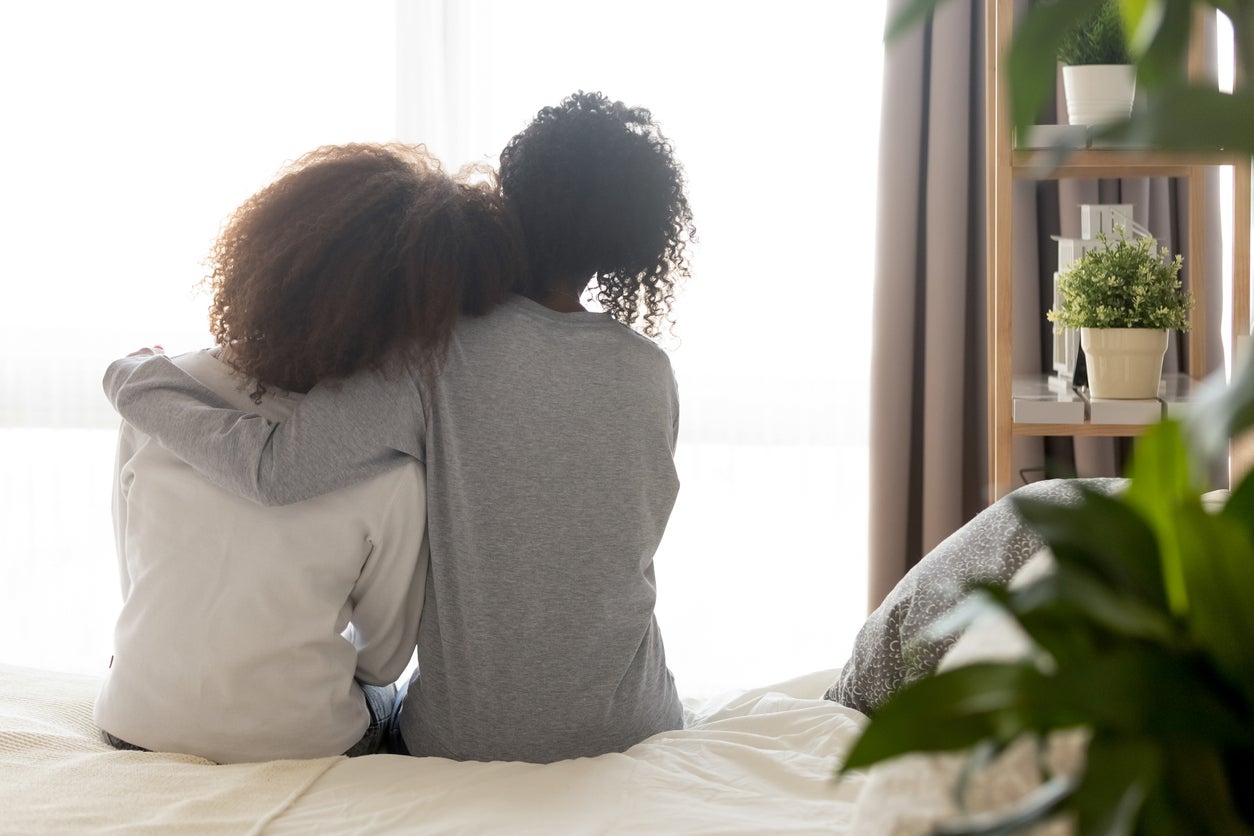My teenage son has OCD – if your child is struggling with mental illness during lockdown, you are not alone
Lockdowns are necessary to prevent the spread of Covid-19 and save the NHS. But that creates the perfect condition for mental illness to flourish


My teenage son was diagnosed with obsessive compulsive disorder four years ago and the toxic combination of a serious mental illness, a nine-month wait for the right level of care, and mental health stigma, almost ripped our family apart. But for parents facing the same desperate battle nowadays, there is another horrific ingredient – a global pandemic.
Lockdowns are necessary to prevent the spread of Covid-19 and save the NHS. Until we feel the impact of the vaccine rollout, cutting contact is the only way to get coronavirus under control. But that creates the perfect condition for mental illness to flourish.
Mental health services were overstretched and underfunded before the pandemic. I made a BBC Panorama programme in 2018 uncovering the dire state of our Child and Adolescent Mental Health Services (CAMHS). But since lockdown the situation has become worse. In October 2020, the Centre for Mental Health predicted that in England up to 10 million people (almost 20 per cent of the population), will need either new or additional mental health support as a direct consequence of the crisis. That prediction was made long before a third lockdown. I was heartbroken to read that figure includes 1.5 million children, a national tragedy given half of all long-term adult mental health issues start by the age of 14.
Many of these young people will continue to need help later in adult life, impacting both the NHS and the economy. But it’s also about the effect it is having on the individual and the people close to them.
If you’re a parent of a child who is struggling during lockdown, I feel for you. I know you want your child to get better, but living life in lockdown might be making that even harder and you are probably desperate for specialist help. But maybe you are finding it hard to access it. You are not alone in this - many children struggling with their mental health are not deemed “ill enough” to get care from the overstretched and underfunded Child and Adolescent Mental Health Services or are told they have to wait months for support. That was before the pressures of the pandemic.
I believe the increased Covid restrictions hit young people harder than the rest of us. Cancelled school, uncertainty over exams, an inability to meet up with friends – three important elements to young people’s lives. It’s no surprise so many are struggling.
This is why we need our government to do more. We need a new strategy to ensure that every child who is struggling with their mental health can get the help they need – both now and as we emerge from the pandemic. We need better early support in schools, so children can get help from teachers, mental health support teams or counsellors when their problems first emerge. We need to end the postcode lottery that affects NHS mental health services, so that no family faces the kind of unacceptable delays in support that my family experienced. We also need to ensure that help is available in local communities, through charities and youth clubs, many of which are facing intense financial pressure.
While we have seen some progress in support for young people’s mental health over the last few years, the pandemic will mean that many more need help. We need a plan and a way forward, and we cannot allow the crisis facing young people to get worse.
Sean Fletcher is an ambassador for YoungMinds, a children and young people’s mental health charity



Join our commenting forum
Join thought-provoking conversations, follow other Independent readers and see their replies
Comments